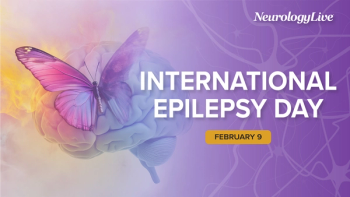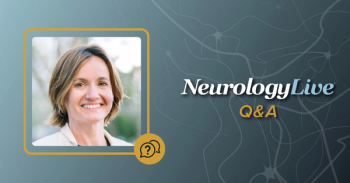
Tweet Chat Highlights: Mental Health in Neurology
An overview of the tweet chat on mental health in neurological disorders, featuring highlighted contributions from the medical community.
On July 29, 2020, NeurologyLive partnered with the Women Neurologists Group for a chat on Twitter to discuss and raise awareness for mental health in patients with neurological disorders.
The topics of the night included mental health issues frequently observed during clinician care, observations of mental health in patients since the start of the COVID-19 pandemic, resources recommended to patients to address these issues, multidisciplinary approaches to combatting challenges of mental health, and overall awareness of facilities and services available to those with mental health conditions.
There was a ton of feedback from the community, including from Kathrin LaFaver, MD, movement disorder specialist, Northwestern Medicine, and admin, Women Neurologist Group, who referenced her “Coronavirus Sanity Guide,” which gives patients free resources to build resilience and cope with coronavirus-related stress and anxiety.
A3: Treatment for mental health issues needs to be planned individually, but one of my favorite general resources to recommend during this pandemic has been the
— Kathrin LaFaver, MD, FAAN (@LaFaverMD)
Another coping mechanism suggested by Amy Brown, MD, movement disorders neurologist, Department of Neurology, Vanderbilt University, highlighted the Parkinson’s Foundation’s efforts to help those with Parkinson disease (PD) cope with the stresses amid the pandemic with mental health days such as Mindfulness Monday, Wellness Wednesday, and Fitness Friday.
The
— Dr. Amy Brown (@amybrownmd)
Anxiety and depression were among the most commonly expressed mental health issues noted by clinicians. Theresa Sevilis, DO, vascular neurologist, Duke University School of Medicine, gave great insight on how depression can manifest into something bigger unless it is properly cared for.
A1: Depression is the most common in stroke patients. While some will experience it right away it often doesn’t start til they leave acute care and realize the extent of the new limitations they have. Normalizing and removing the stigma from post stroke depression is key.
— Theresa Sevilis, DO (@drsevilis)
In fact, Sevilis’s point about removing the stigmas behind mental health was a big part of the inspiration of the tweet chat. The normalization of mental health discussion between patients and their doctors has help erode the negative stigmas that have been associated with these issues for decades, though much work remains to be done to completely eradicate these obstacles to care.
NeurologyLive has been committed to contributing socially and raising awareness to neurological disorders and the impact they have on their communities. Stay on the lookout for future events and tweet chats that highlight these issues.
Newsletter
Keep your finger on the pulse of neurology—subscribe to NeurologyLive for expert interviews, new data, and breakthrough treatment updates.










